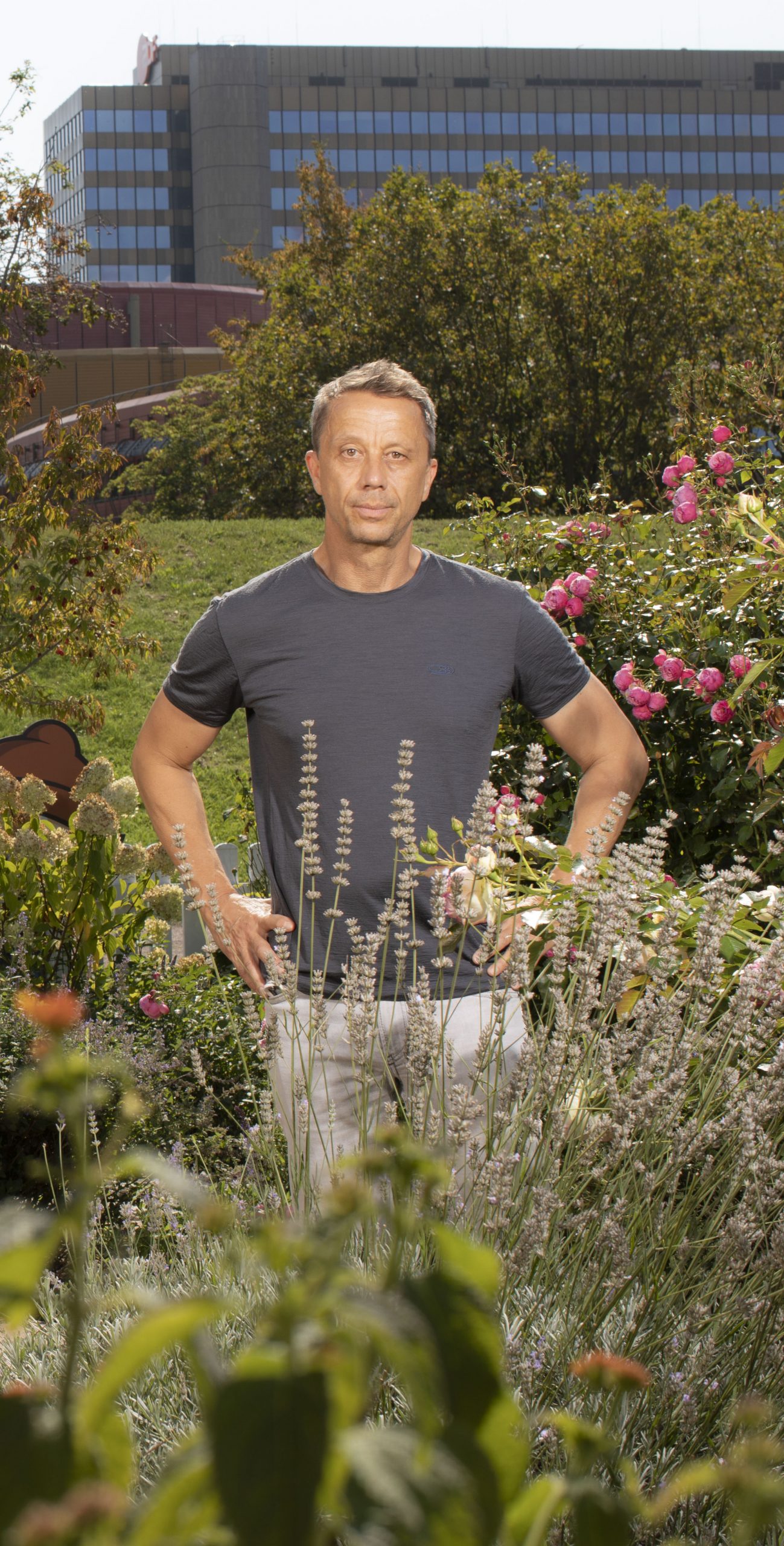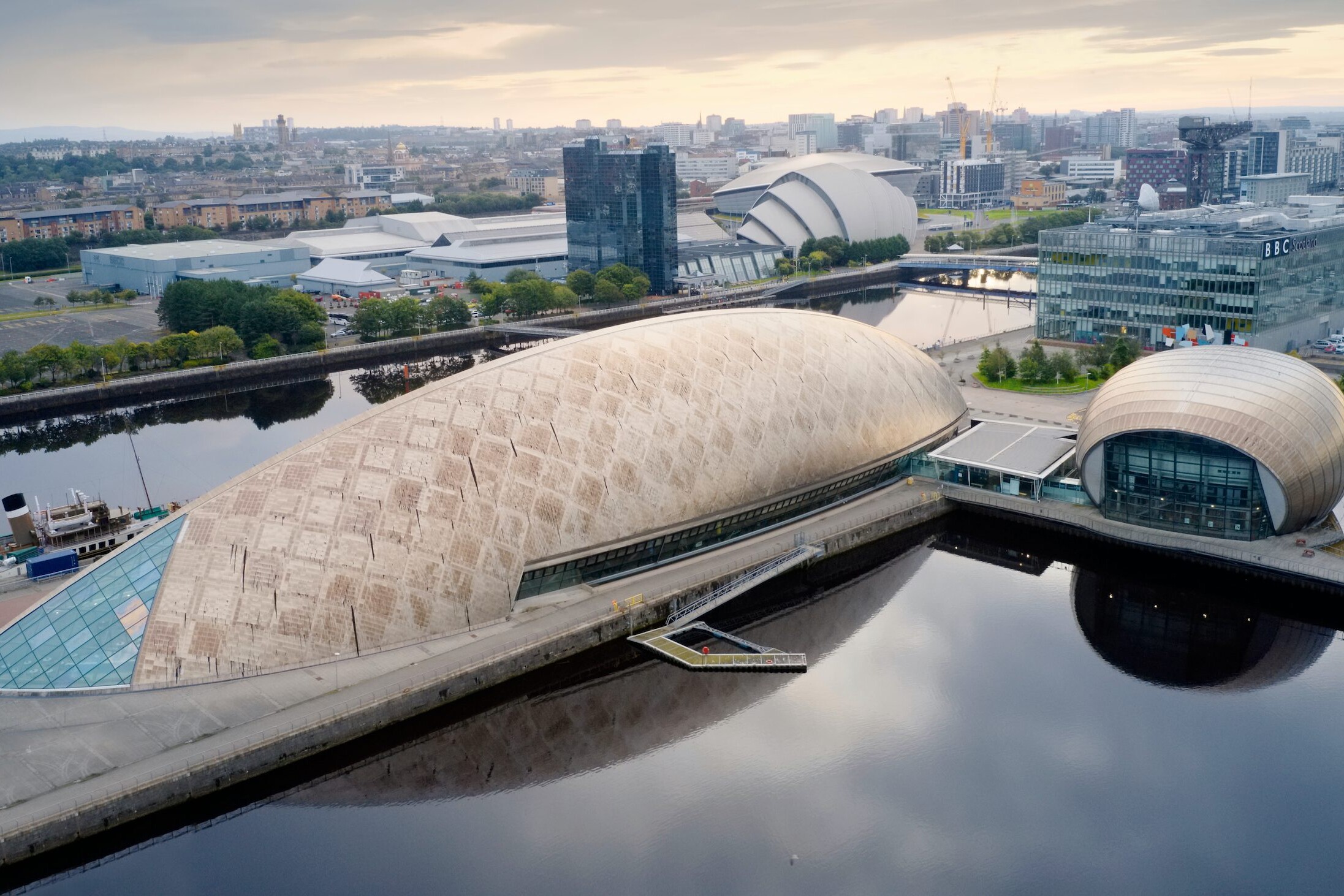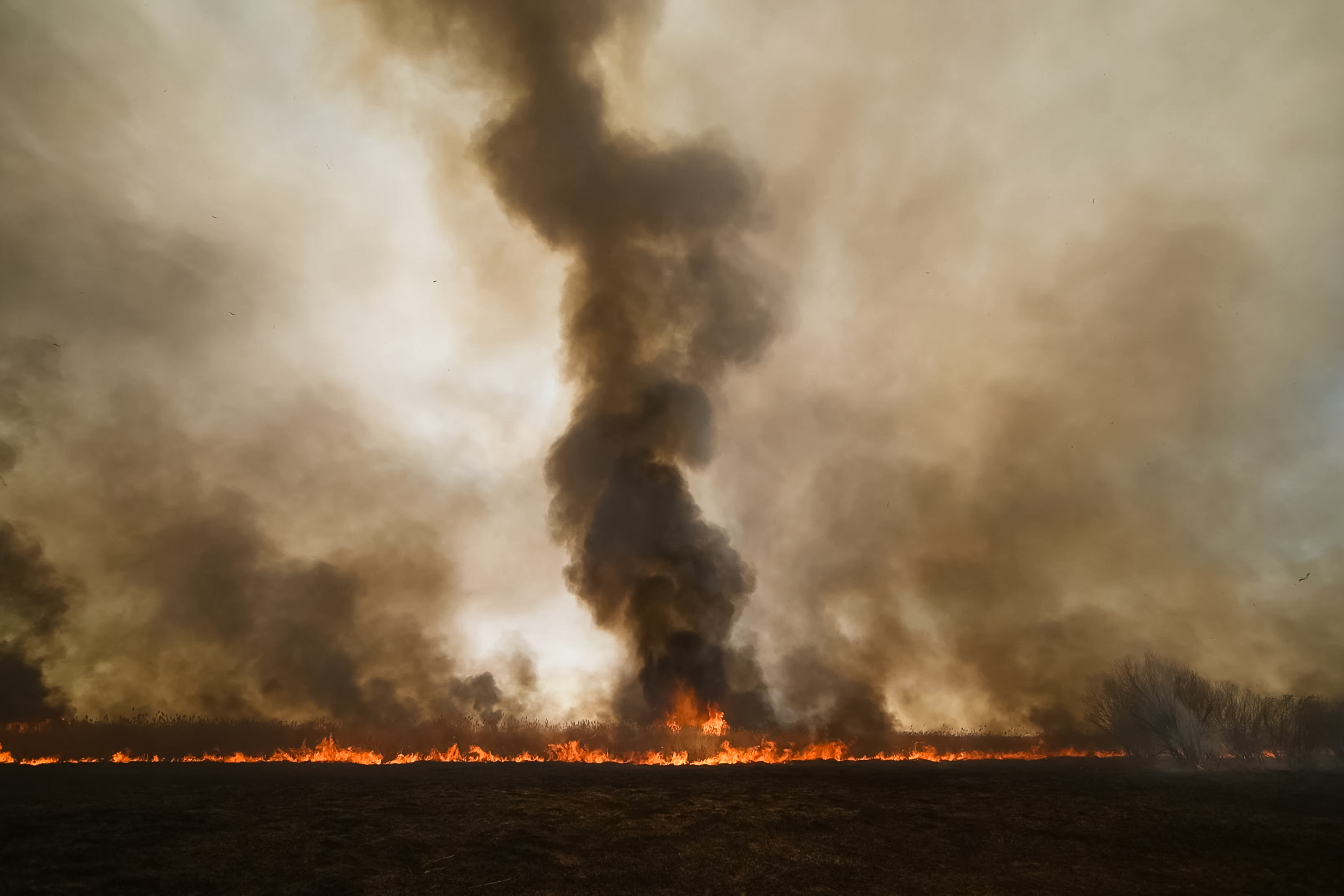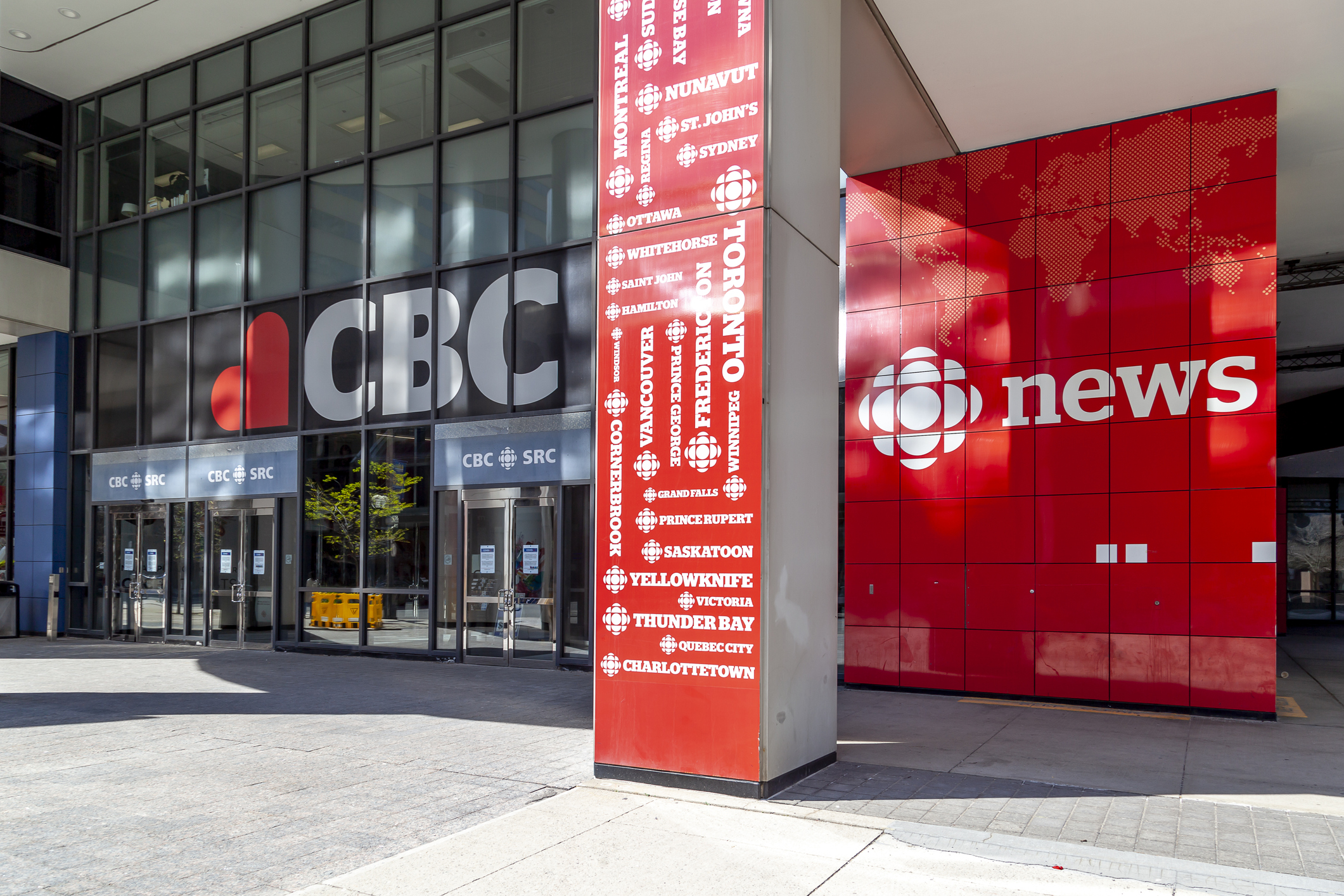How ZDF is on the way to becoming a climate-neutral public media organisation
16 September 2022
For years, German public broadcaster ZDF has been committed to reducing its carbon footprint and producing content in an environmentally friendly way. It recently published its latest Sustainability Report, which renews its commitment to green production and contains measures to improve its environmental sustainability.
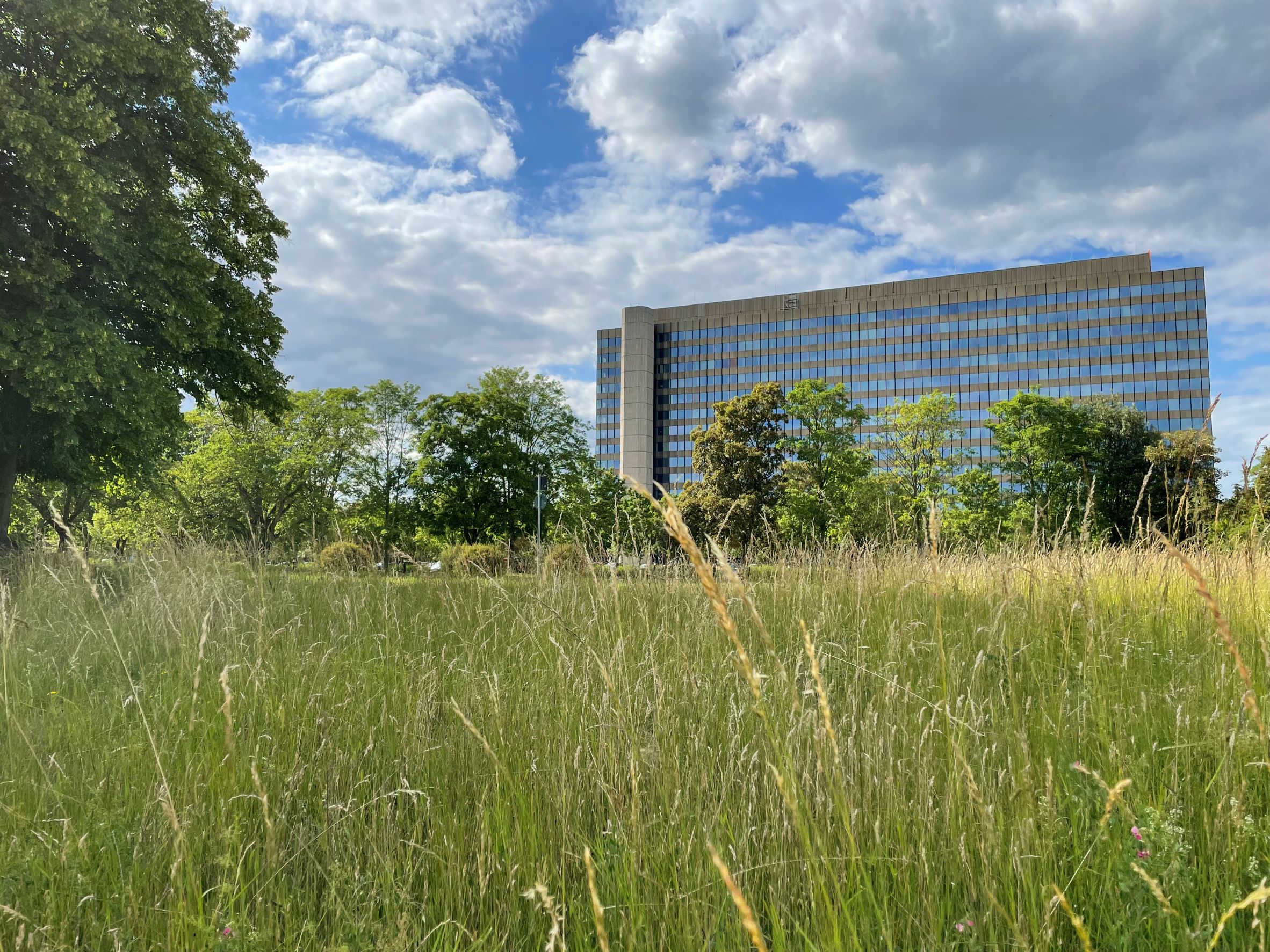
PMA’s Chloe Howcroft spoke with Professor Dr. Jens Müller, ZDF’s Corporate Planning & Sustainability Coordinator, to find out more about the organisation’s key sustainability goals and how it aims to become a climate-neutral public media organisation.
You can listen to the interview in episode 7 of PMA’s podcast, Media Uncovered, which explores how public service media are becoming more environmentally sustainable and resilient in the face of climate change.
Chloe Howcroft: How important is sustainability for ZDF?
Jens Müller: The short answer is: very important. I think, Chloe, you’d like to hear the slightly longer version, though.
Sustainability is more than just green production. When it comes to this topic, we often seem to love the combinations of three letters. From SDG (Sustainability Development Goal) to GRI (Global Reporting Initiative). From TBL (Triple Bottom Line) to ESG (Environment, Social, Governance).
The framework for ZDF’s sustainability strategy is thus the triple bottom line concept. In other words, it’s about reconciling economic, ecological and social dimensions. We know this in a similar way from the ESG criteria. This makes it clear that responsible corporate management has to take into account a large number of objectives, some of which are interdependent.
For example, this involves both the social effects of how media content is received (public value) and the ecological impact of the value creation processes required here (carbon footprint). The narrower framework for ZDF’s sustainability strategy is set by the Sustainable Development Goals (SDGs) in the context of the United Nations’ 2030 Agenda.
The media undoubtedly play a very important role in society, in politics, in the development of societies. If I now relate this to my company, I would say that a publicly-financed broadcaster like ZDF in particular must be aware of a special responsibility. And here I would put the issue of sustainability right at the top.
As a public broadcaster, we have a duty to create public value. We should not only apply this standard to our content – in other words, what we produce. But also to the processes of media production. In other words, how we produce.
And of course, against the backdrop of the strongly felt effects of climate change, the goal of becoming a climate-neutral broadcaster is naturally at the top of the list. Thus, in our current sustainability report, according to the standards of the German Sustainability Code, sustainability is at the top of the list in the chapter dealing with goals. This Code is a voluntary standard for reporting on sustainability aspects. As a framework for reporting on non-financial performance it describes minimum requirements for sustainability communication. Our strategies and measures are all based on this.
As a public broadcaster, we have a duty to create public value. We should not only apply this standard to our content – in other words, what we produce. But also to the processes of media production. In other words, how we produce.
CH: What is ZDF’s ultimate climate goal? How is it faring?
JM: ZDF’s number one sustainability goal is, and I quote, “ZDF aims for climate neutrality”. You might ask yourself, Chloe, why only “aim” or “strive”. Well, because of the way we are financed – by the public -, we are not allowed to make climate offsets to compensate for greenhouse gas emissions for legal reasons. Which is what many companies do when they talk about being climate neutral in 2, 5 or 10 years or even now. At the moment, however, I actually see this as an advantage. We are forced to become greener through our own efforts and not just rely on the fact that we can compensate by making payments. And as you know, offsetting greenhouse gases has become a business model in its own right. And it is actually a complex issue. The measurement methods alone. You can’t just say: plant a few trees or something. Maybe I’m taking the easy way out at the moment. First reduce, then compensate.
CH: What sustainability measures have already been achieved in recent years to produce content in an environmentally friendly and resource-saving way?
JM: Well, incidentally, we are the first German television broadcaster to have been dealing very systematically with the issue of sustainability for many years.
ZDF follows the German Sustainability Code in its sustainability management and reporting. Here you have to comply with a total of 20 criteria in the four areas of strategy, processes, environment and society. Some of these are linked to KPIs of the GRI standard.
In our current report, we now see how ZDF has developed positively in the area of sustainability in recent years.
The buildings and studios at the ZDF broadcasting centre in Mainz are already operated in a largely climate-neutral way through the use of green electricity and district heating. We have made arrangements with production companies for resource-saving and sustainable production.
The digitisation of workflows has also shown positive effects on the economical use of resources in recent years. The know-how in the area of remote productions, i.e. the separation of production location and production technology, has been significantly expanded at ZDF. Modern LED technology goes hand in hand with lower energy consumption. Management in the areas of energy, water and waste has led to measurable savings effects. New building projects are also being planned according to criteria of sustainable building standards.
We are the first German television broadcaster to have been dealing very systematically with the issue of sustainability for many years.

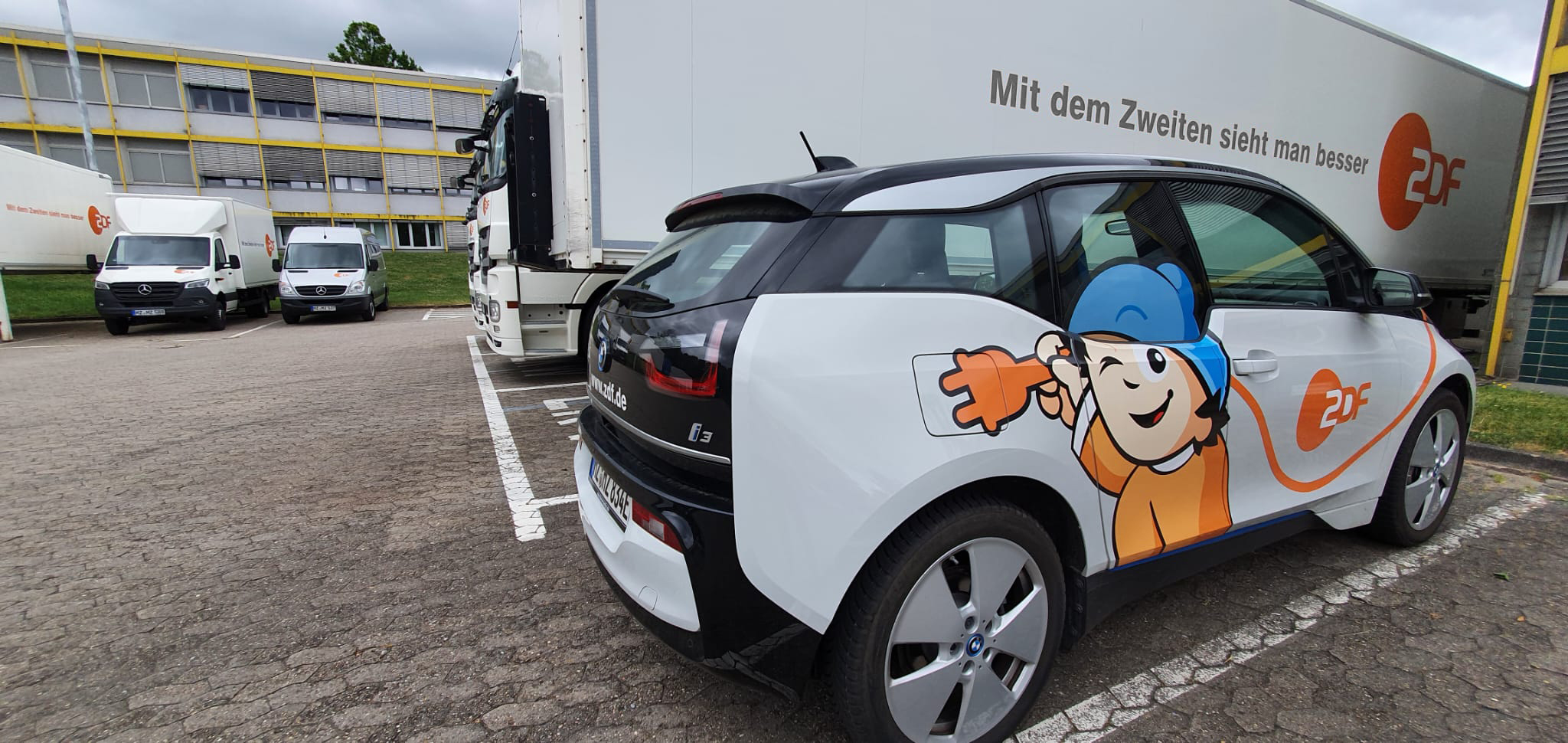
CH: Describe some of ZDF’s other key sustainability goals along the whole supply chain. How is staff mobility becoming more sustainable? What new procurement decisions are being made?
JM: There’s quite a lot to unpack here. First of all, the sustainability goals along the whole supply chain.
Our content production has a less complex value creation process compared to other industries. The ZDF value chain has only few complex supply chain structures. Here, purchasing and procurement management is of crucial importance. And that’s where we place a lot of emphasis on the principle of sustainability.
On the subject of staff mobility: On the one hand, this is about business travel, where we have achieved measurable reductions between 2016 and 2021. The effects of the COVID-19 pandemic can’t be ignored here. It has contributed to some changes in the way we work. Mobile working, remote production and home office work are all becoming increasingly common, and are likely here to stay. And the number of trips can be reduced by relying, where possible, on meetings via Microsoft Teams or Zoom, which have become commonplace. In terms of staff getting to the workplace, we are currently carrying out a very detailed analysis with the aim of optimising staff mobility in terms of sustainability. For our technically savvy listeners, this is about our greenhouse gas emissions in Scope 3 [of the Sustainability Report].
Then, of course, the necessary travel can be made sustainable. We pay very close attention to this for example, when it comes to means of transport or hotels.
And the answer to the question about procurement decisions is now relatively easy. Always and everywhere, we pay attention to the ecological footprint and consider it equally alongside cost aspects and aspects of efficiency. This year, sustainable procurement will be further intensified, having already developed a new guideline in this area.
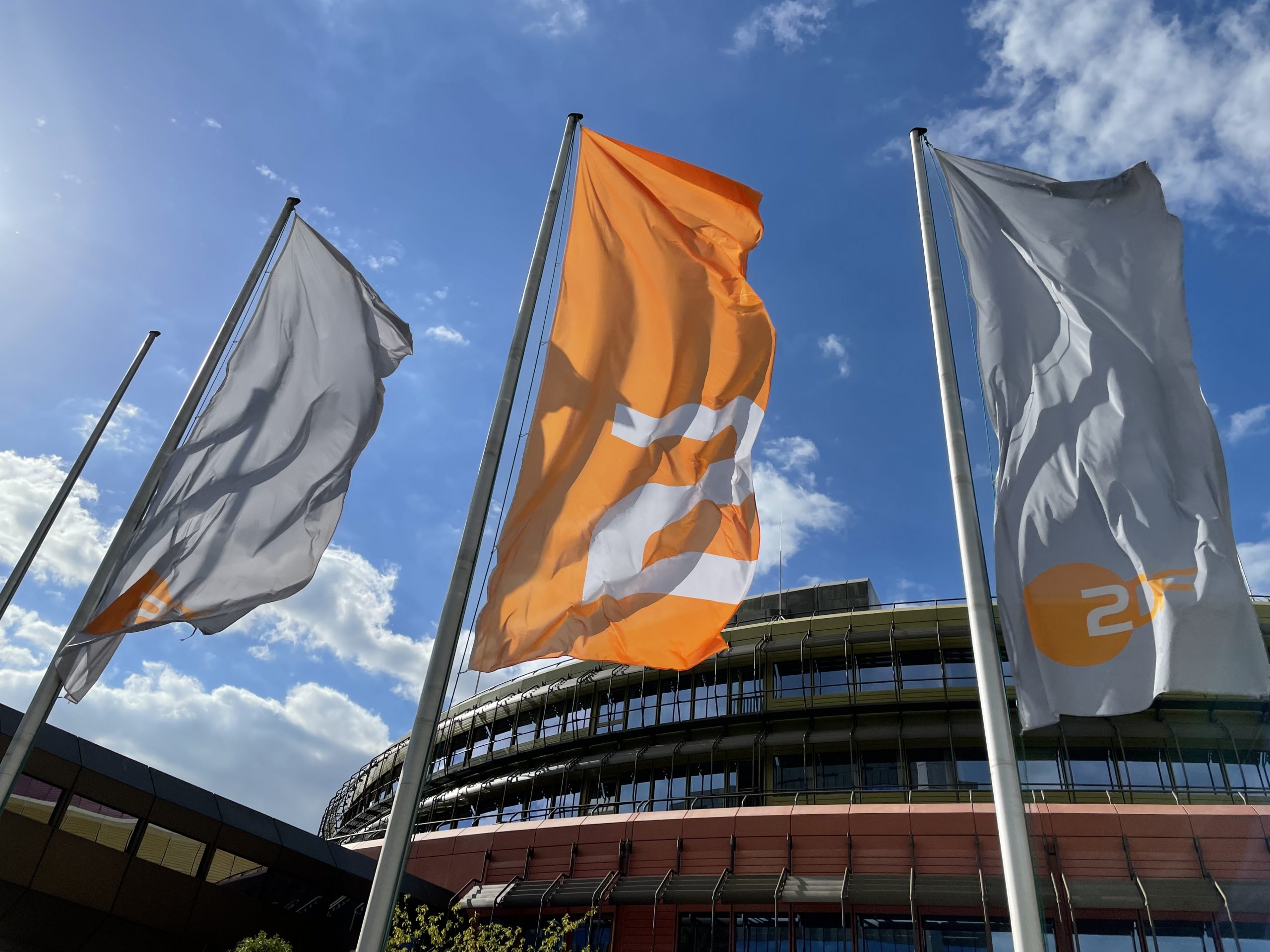
CH: What challenges have you come across?
JM: Off the top of my head, there are two main challenges.
Firstly, many norms and standards focus more on: HOW is production done? So the processes. And less on: WHAT is produced? For media in general and for public service media especially, the crucial point is about credibility, the quality of content and social cohesion. We see what is in the foreground in advertising-financed media and platforms. The marketing of attention. And let’s not talk about fake news, bubbles or politically motivated manipulation.
The second issue? Increasing greenwashing and the attempt to turn sustainability into a pure PR issue.
CH: What is the hardest sector within ZDF to decarbonise? Is it news? Productions? Online presence?
JM: That is difficult to say. Perhaps one can say that it is easier to take aspects of sustainability into account in well-planned fictional productions, for example. With current journalistic productions in the news sector, it is perhaps a little more difficult to act in a climate-neutral way. A flight has to be booked quickly where one would otherwise have taken the train. Or there is no green electricity at the location of the event. Maybe there is only a diesel generator available? On the other hand, remote production basically means less travelling. And what does decarbonise mean in terms of online distribution? If videos are watched in high resolution, this is more energy-intensive – so perhaps SD rather than HD or 4K?
CH: ZDF has stated that by 2023, half of its fictional commissioned productions will be produced to the minimum ecological standards of the German Green Shooting working group. Are you on course to meet this? Is the target too ambitious or not ambitious enough? What additional challenges comes with ensuring sustainable productions?
JM: That is first of all a first step. A commitment by all partners. And it is clear that if you start with 50% you want to end up with 100% at some point. And if you start with fictional productions, you will increasingly see the standards in non-fictional formats as well. This is quite obvious in procurement and travel. And you learn and train to produce green. Hopefully, at some point you will do that for all productions.
But to be honest, we are just learning. The standards for green production have only just been jointly agreed. And all those involved, i.e. production companies and media companies, will also be looking at how well these standards work in practice in 2022.
As you’ll probably understand, writing something down is often easier than actually doing it. I know this from my plans for more sport or healthier eating at the beginning of the year. The devil is often in the detail. Less jogging and more yoga? Strength or endurance? Protein or carb-loading? Paleo or vegan? It’s the same with green production. Those who have to implement it know what I’m talking about. A faster means of transport, more CO2, but one hotel night less? And apart from the ecological effect, what about the social or financial ones? More time for the family if I fly instead of taking the train? The CO2-neutral hotel might be more expensive? You miss not only the wellness area there, but also your ecologically valuable organic breakfast? No Tesla at short notice, just a diesel BMW for the star of your cast? You can guess that these decisions are not easy.
CH: How have current geopolitical crises affected ZDF? Will they have an impact on any of ZDF’s climate pledges?
JM: You are talking about a very current development. Where a lot can change day by day. But it is also clear that the price surge for fossil fuels will put a strain on your budget in the short term if you depend on it for your energy supply. ZDF uses electricity from renewable sources. Since this can become scarce at first, it will certainly become more expensive. But of course, it is also true that higher prices motivate people to save on the quantities they consume. Although we would all have liked to have done so without the cause, i.e. Russia’s war against Ukraine, the bottom line is that it is really difficult to say right now what impact this will have on sustainability at ZDF.
CH: Does ZDF consider itself to be an industry leader in this space? Or are there other organisations that are more advanced in this process of decarbonisation?
JM: I swear to you, Chloe, that’s not what we’re about. It really isn’t. Faster, higher, further is fortunately no longer the measure of all things. If you’re trying to move forward, then of course you like to look at what others are doing. But I think you have to write your own story. It’s better to be honest and credible and also self-critical. And without greenwashing. Unfortunately, we see that far too often. And then there is this inflation of terms. How I loved the words purpose and impact a few years ago. Today I can’t hear them anymore!
.@ZDF is one of many #publicmedia organisations aiming to become #climateneutral. But as Dr. Jens Müller, ZDF Corporate Planning & Sustainability Coordinator argues: It’s not just WHAT we produce, but HOW we produce.
Listen to the full #podcast here 🎧https://t.co/H1j42LRRSJ pic.twitter.com/xehZfYVBTJ
— Public Media Alliance (@PublicMediaPMA) September 10, 2022
CH: What still needs to be done?
JM: Actions speak louder than words. We often see in these reporting systems a tendency for “bean counting”, sometimes simply out of embarrassment: What I can count, I count. What I can measure, I measure. That’s fine for the HOW, but in our industry we should also always focus on the WHAT. Planting beans is more important than counting beans. What could help? Maybe we need a media-specific reporting framework?
But beware! Perhaps we as public service media have long believed: We are the good guys anyway! Which is true, of course. But that should not stop us from dealing intensively and professionally with the issue of sustainability. And I know that many of you listening to us here are doing just that. But we also know from cycling: The wind always comes from the front and whoever stops falls over. That’s why I thank you for the intensive discussion of sustainability here today. I think we’ve had a good training session today for the next cycling tour.
Related Posts
9th June 2021
PMA welcomes CBC/Radio-Canada’s sustainability strategy
New five-year plan aims to transform…
